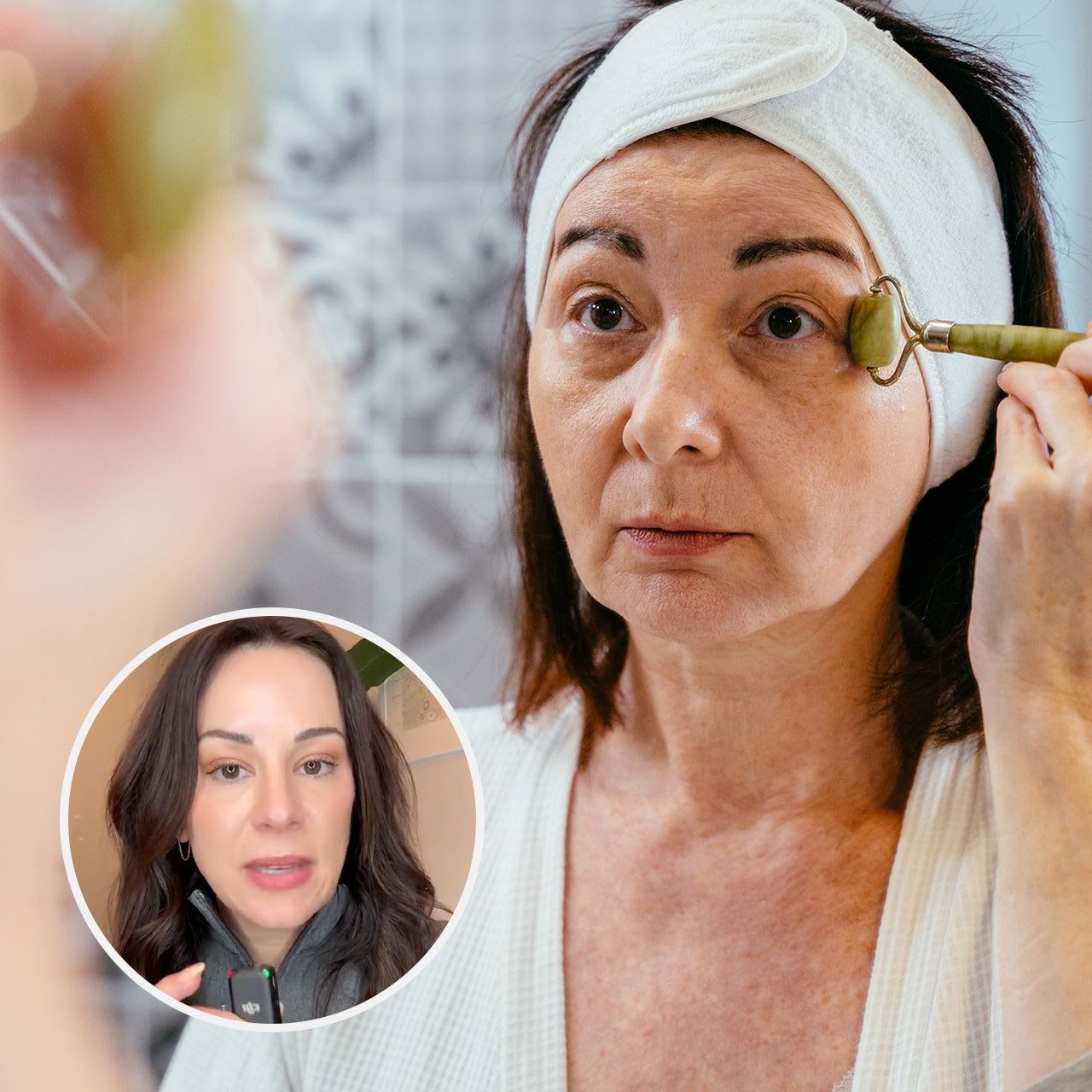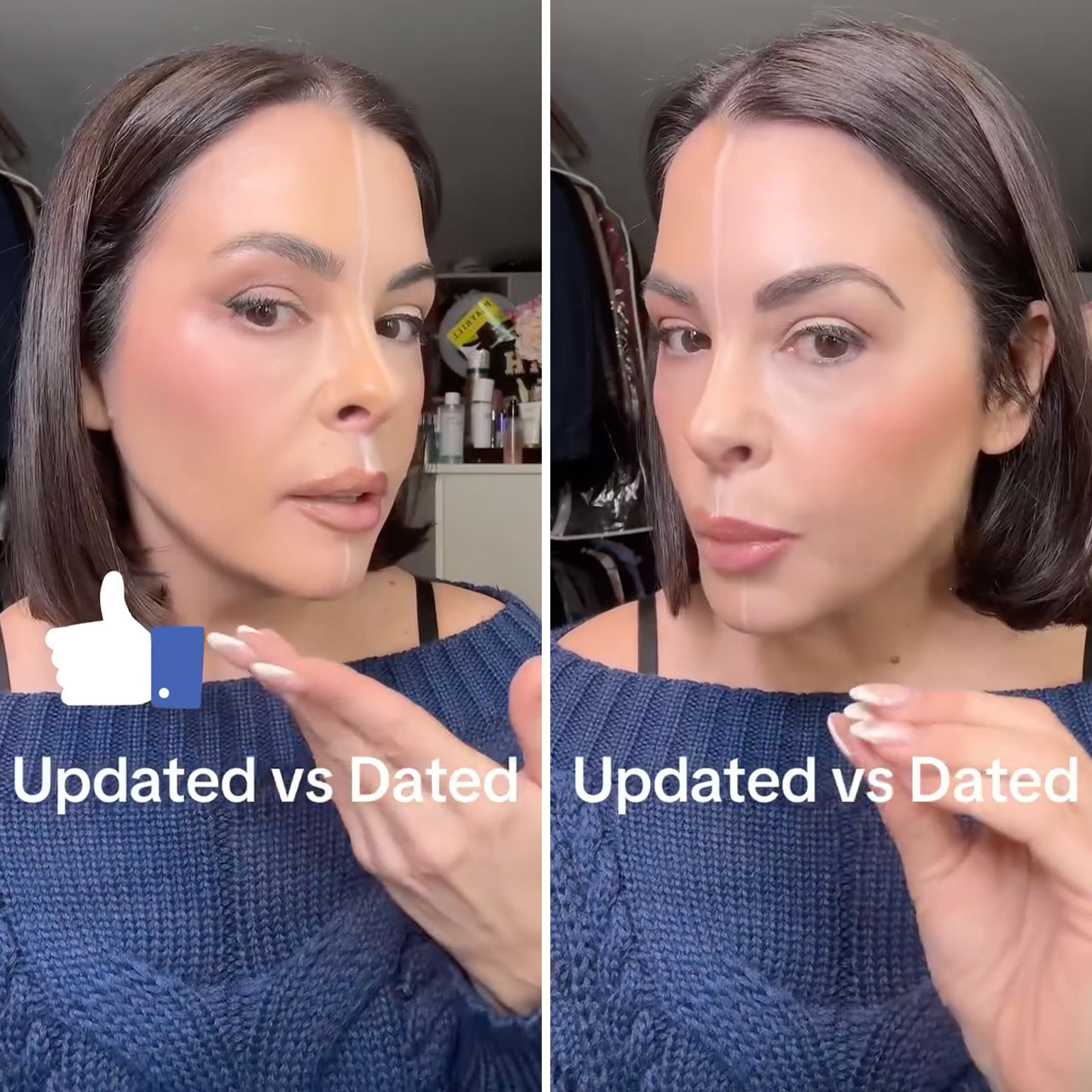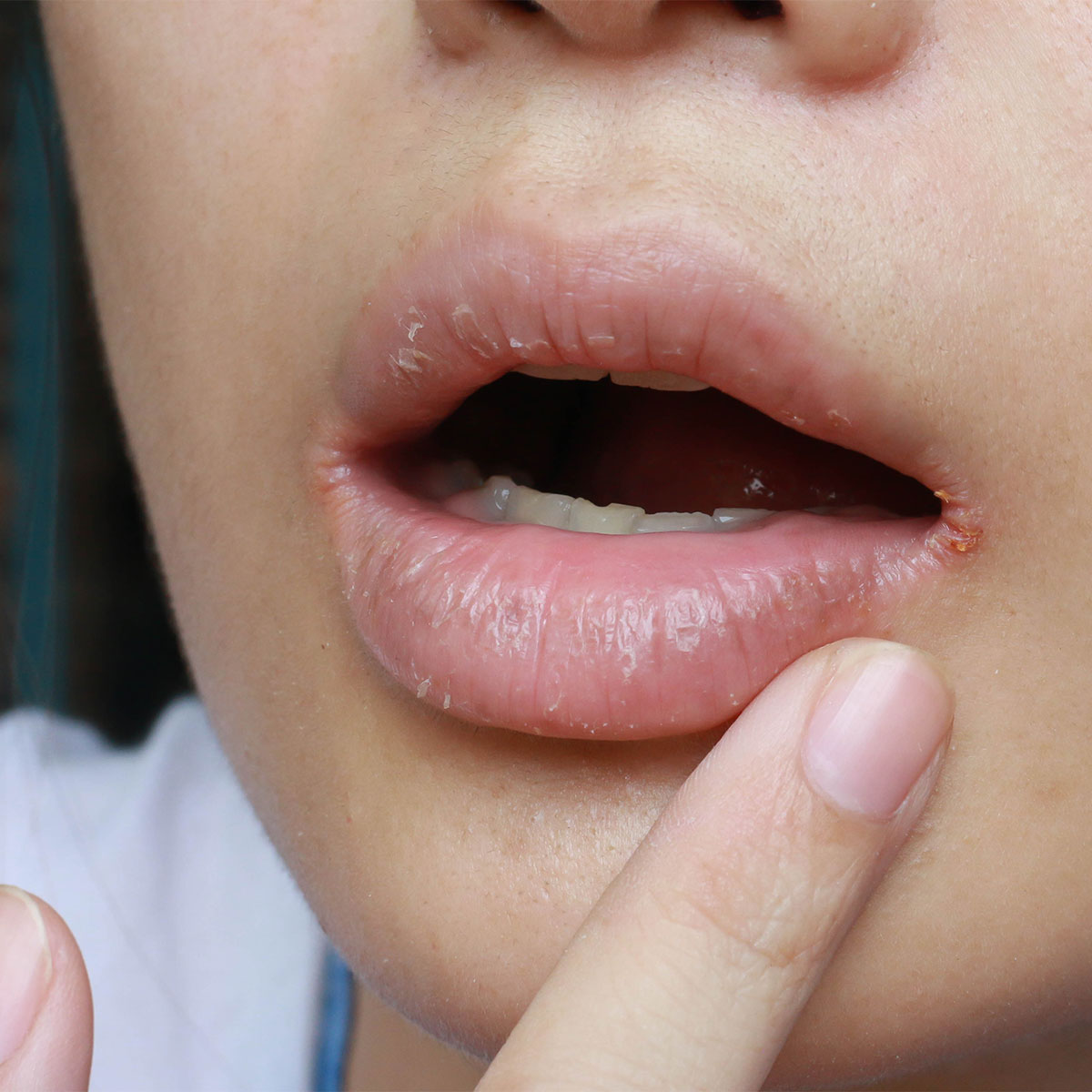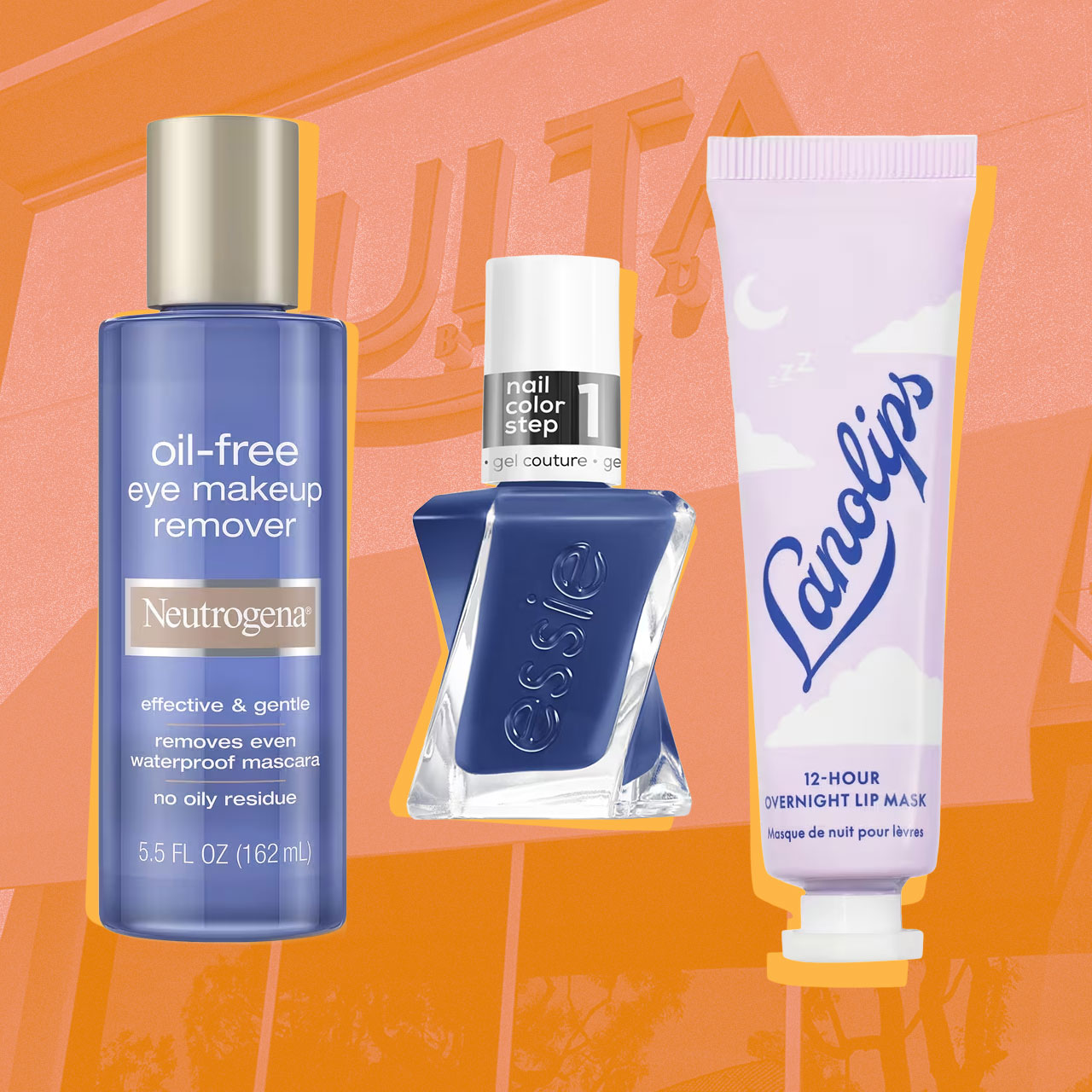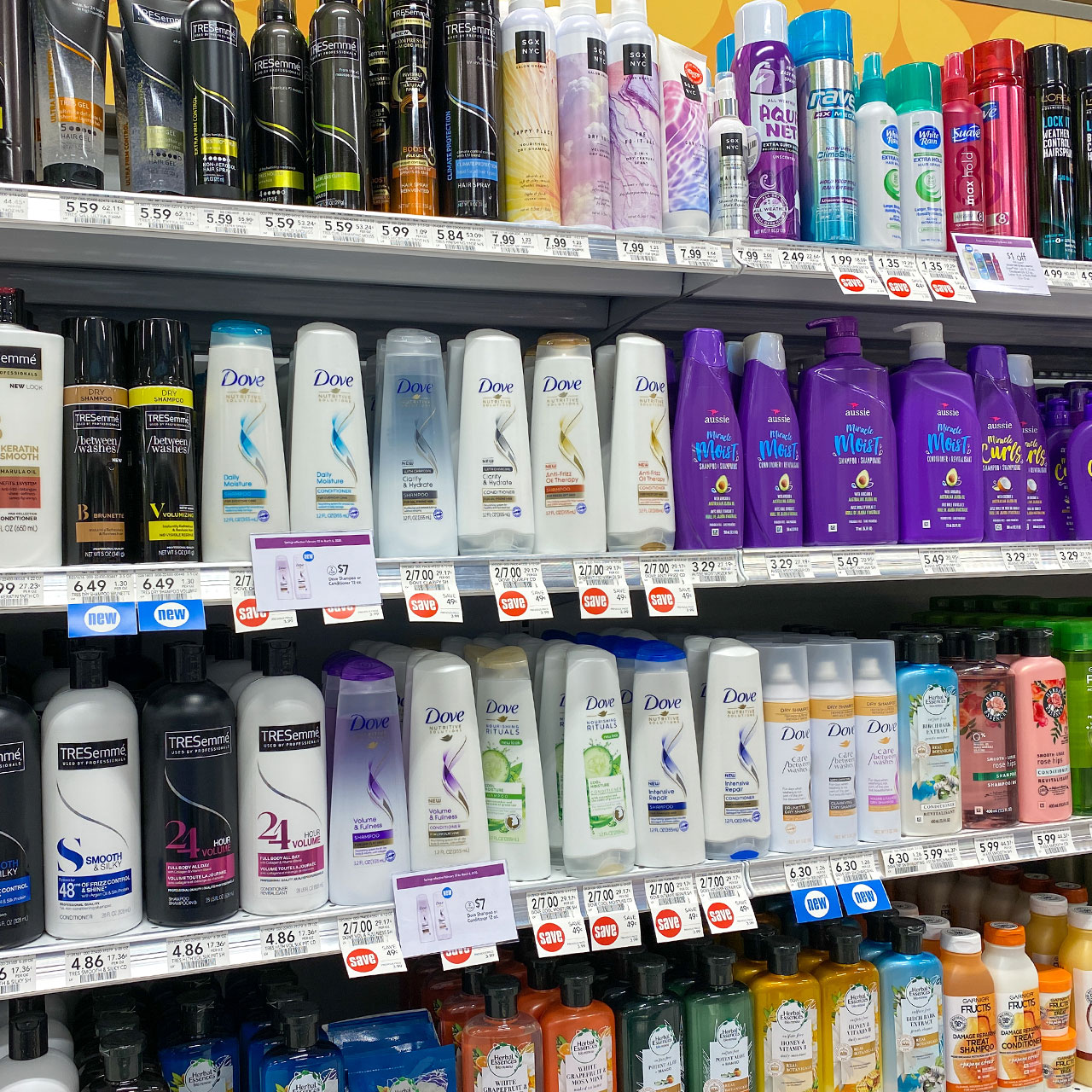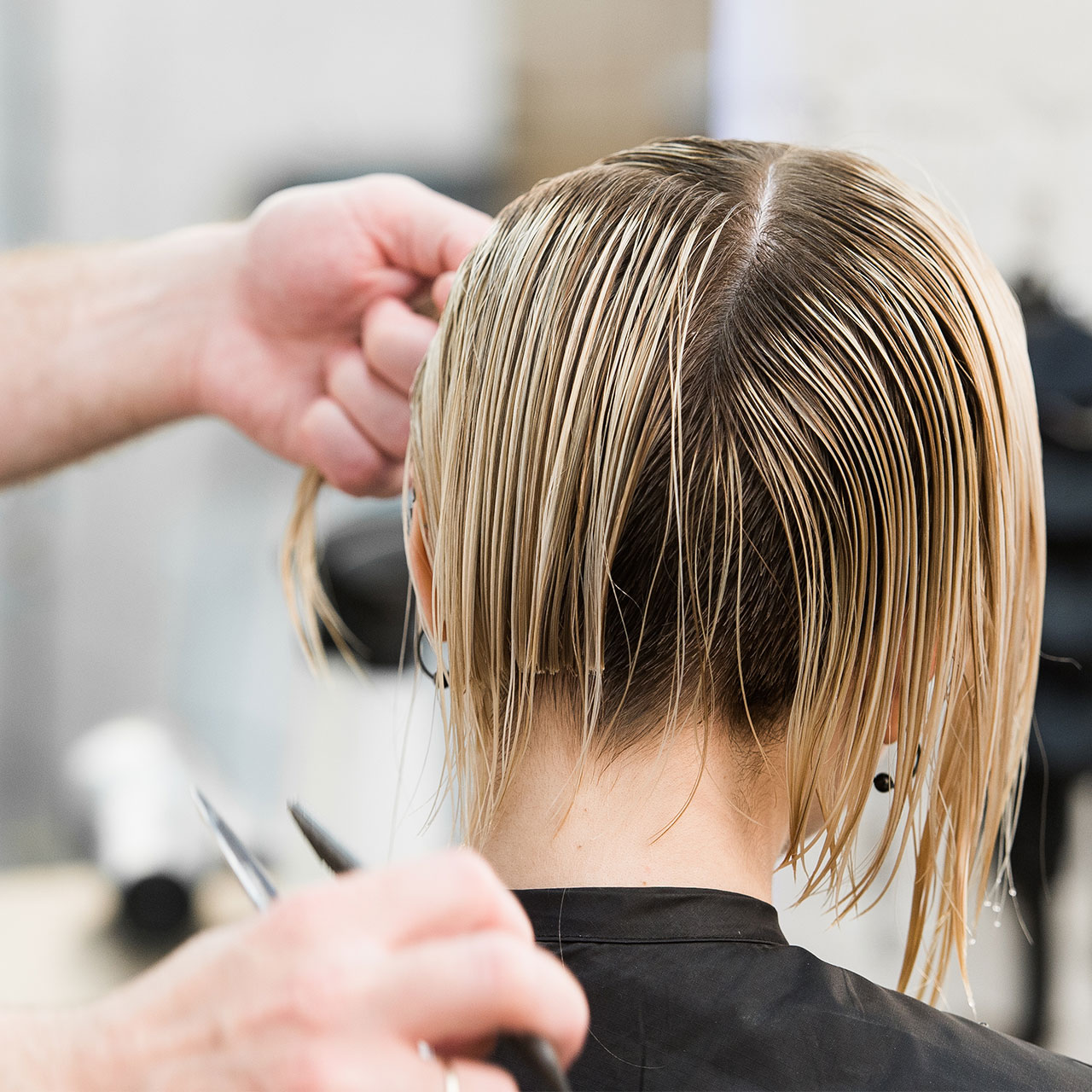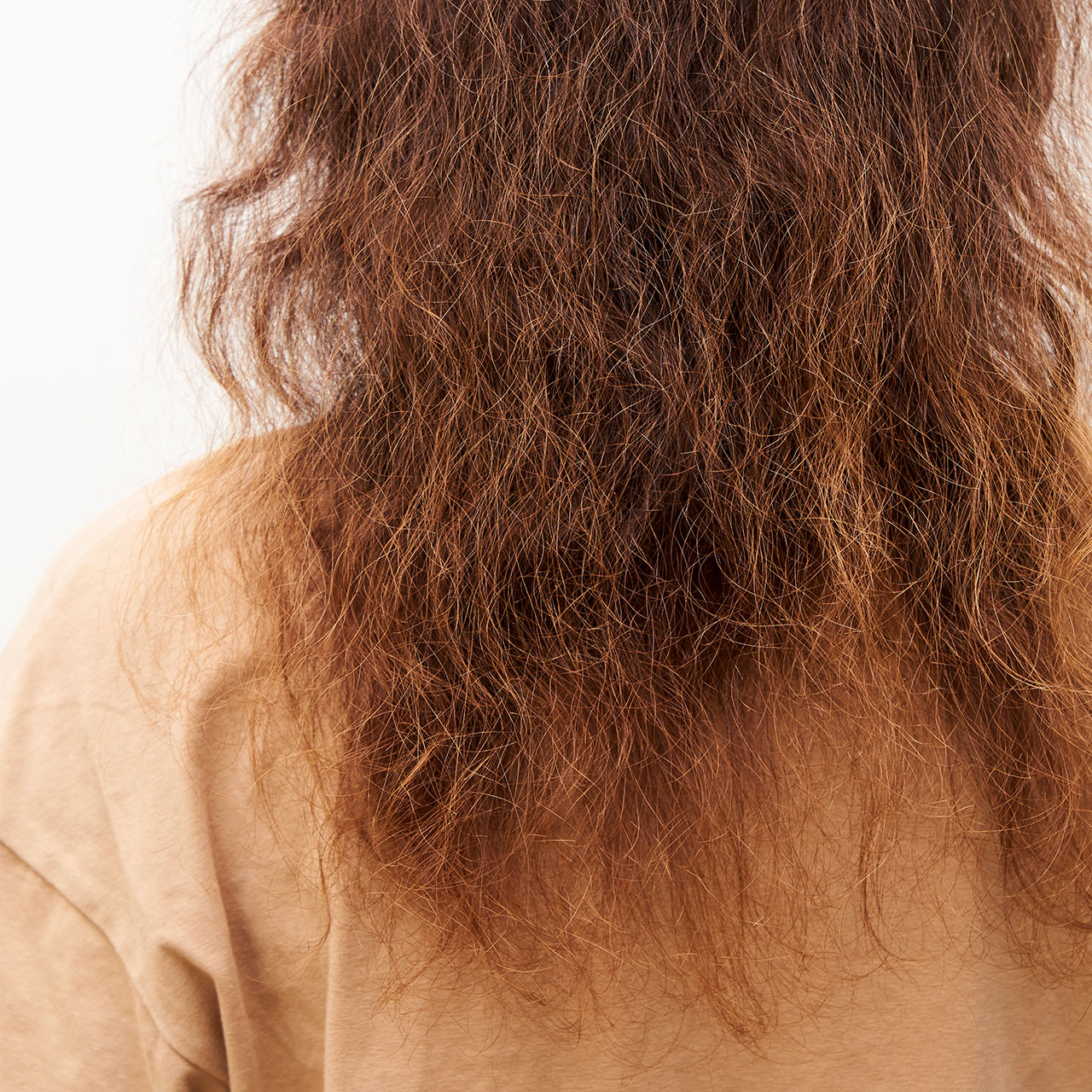As the chill in the air intensifies, a common issue many of us face is parched skin and chapped lips. Ensuring your lips receive ample hydration and moisture becomes a crucial practice during the autumn and winter seasons. We sought the guidance of experienced dermatologists and skincare professionals to acquire a deeper understanding of effective lip care.
Their knowledge provided us with four practical tips to prioritize. Read on for suggestions and insight from Dr. Angela Casey, MD, board-certified dermatologist and founder of Bright Girl youth skincare line, Madeline Hall, certified makeup artist, hair stylist and cosmetologist, Mandie Brice, professional makeup artist and beauty expert and Margina Dennis, celebrity makeup artist and aficionado.
4 Ways To Combat Dry Lips In The Fall & Winter

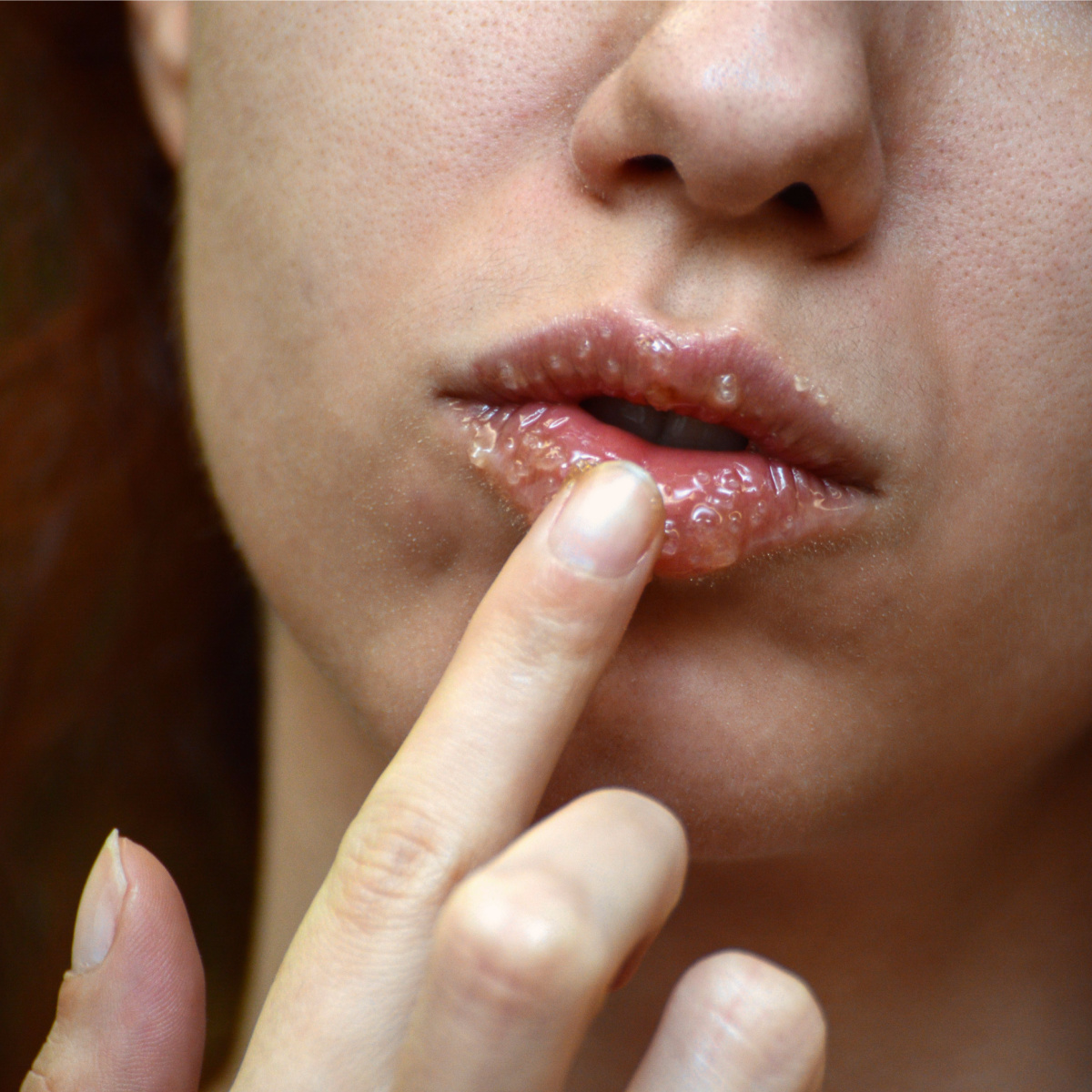
1. Exfoliate Every Week
Removing dead skin every week is essential so that when you moisturize, your skin can fully absorb hydrating ingredients from your lip balm, Hall says. "Regularly exfoliating your lips can help to remove dead skin cells and make your lips appear more youthful," she points out.
She adds that "you can use a lip scrub or a soft toothbrush to gently exfoliate your lips" to prevent more chapping and cracking. Brice agrees, and notes that "keeping your lips hydrated" with a natural lip balm, and exfoliated with a scrub makes them "plumper and more youthful-looking."
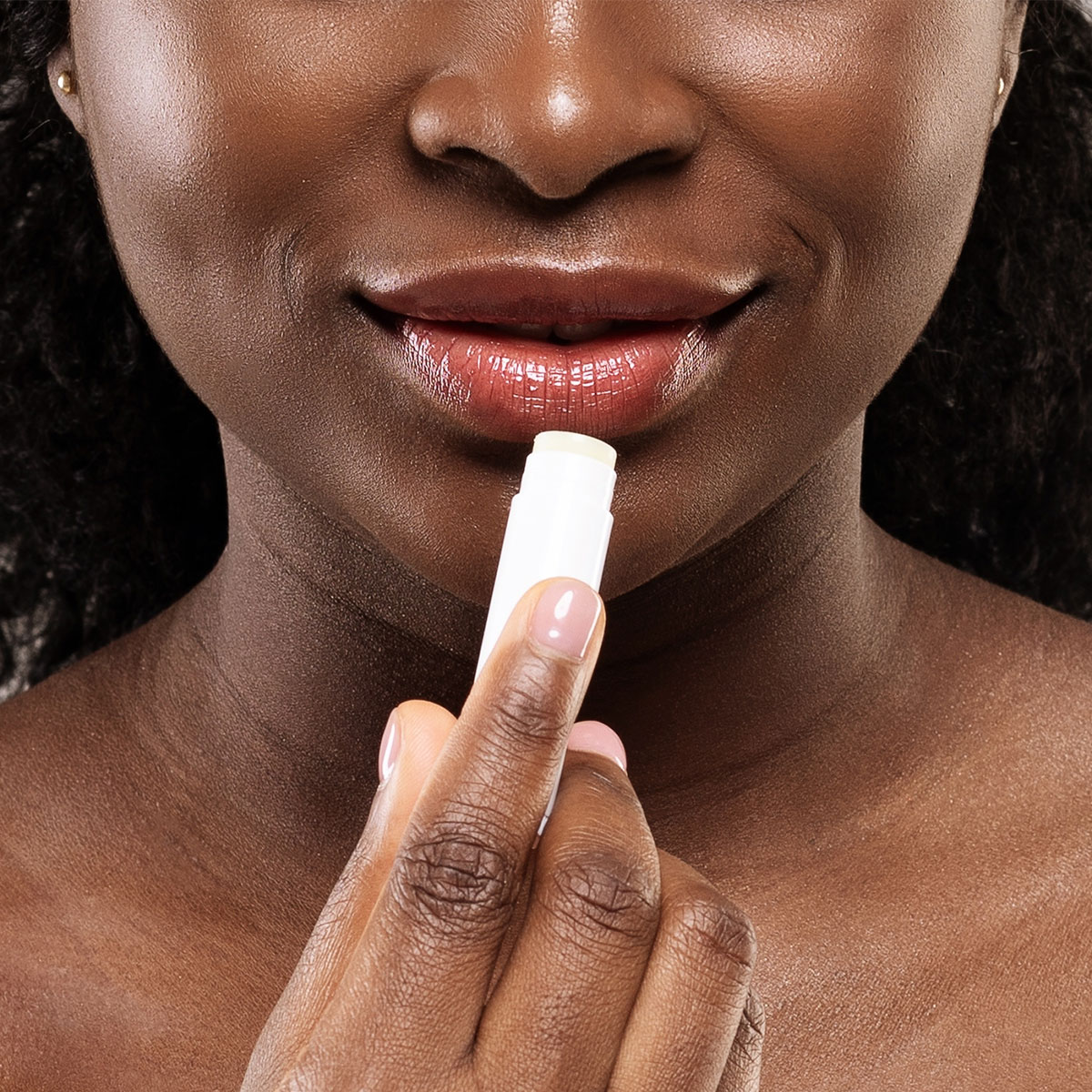
2. Choose A Lip Balm With Vitamins & SPF
Hydrating ingredients to look out for when you're choosing a lip balm — Casey stresses — are "vitamin C, vitamin E, quercetin, petrolatum, zinc, oxide, octinoxate and glycerin." It's vital to use a lip balm with "well-established antioxidants" like these that "fight free radicals that can damage skin," she explains.
No matter what season it is, Casey says that it's essential to wear a lip product with SPF to prevent sun damage and even drier skin. "SPF provides an extra layer of protection and prevents inflammation and damage from UV rays," she points out.
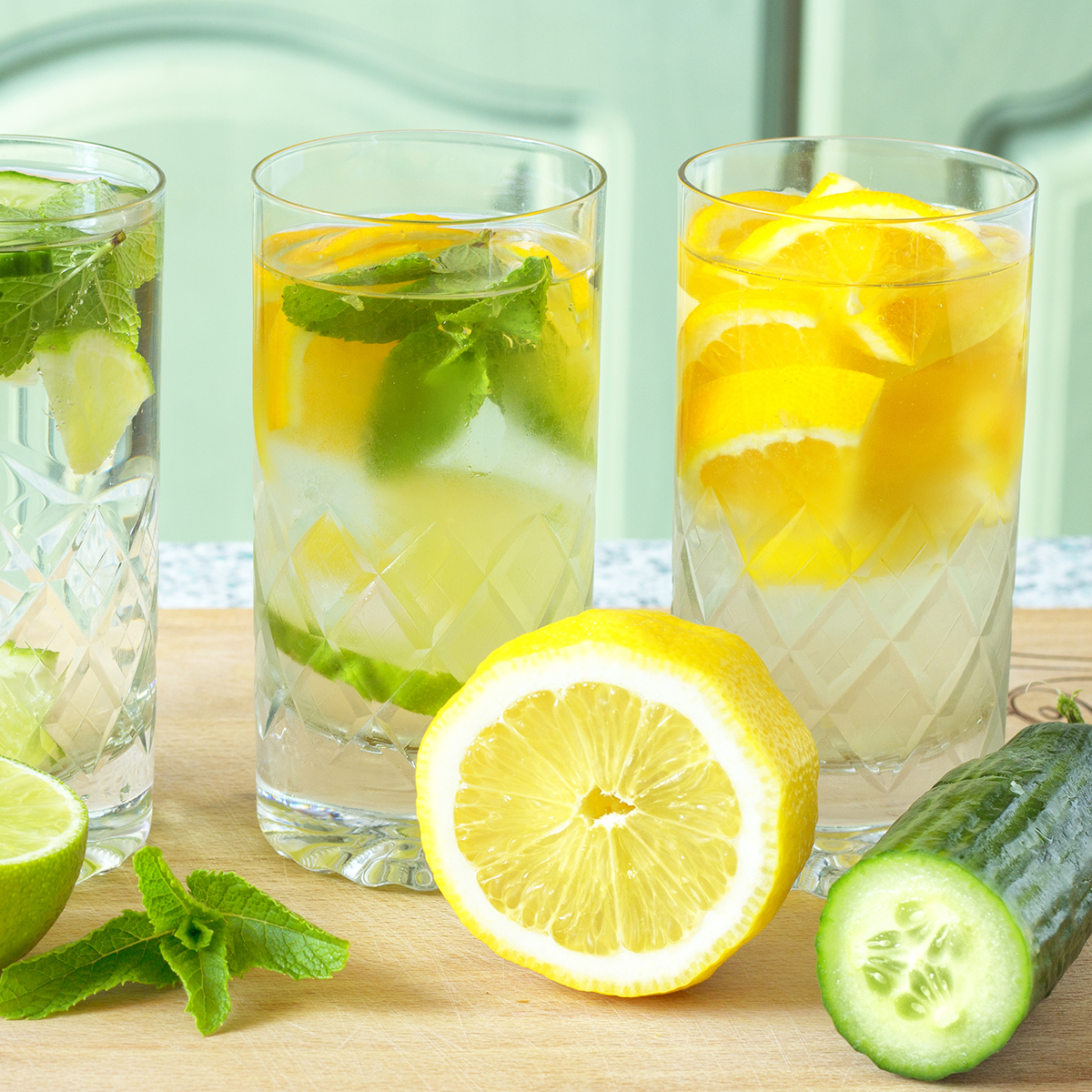
3. Drink More Water
We're sure you've been told this before, but it's worth repeating if you struggle with dry lips, Casey says. Lip skin is unique, Casey explains, in that it has a “very thin stratum corneum, or outer layer of skin.”
This renders the lip skin more prone to “irritation, inflammation, and dryness,” she adds. Additionally, Casey says that “lips have an abundant blood supply, which is what renders the red color of the lips, but also makes the lips more prone to dehydration.”
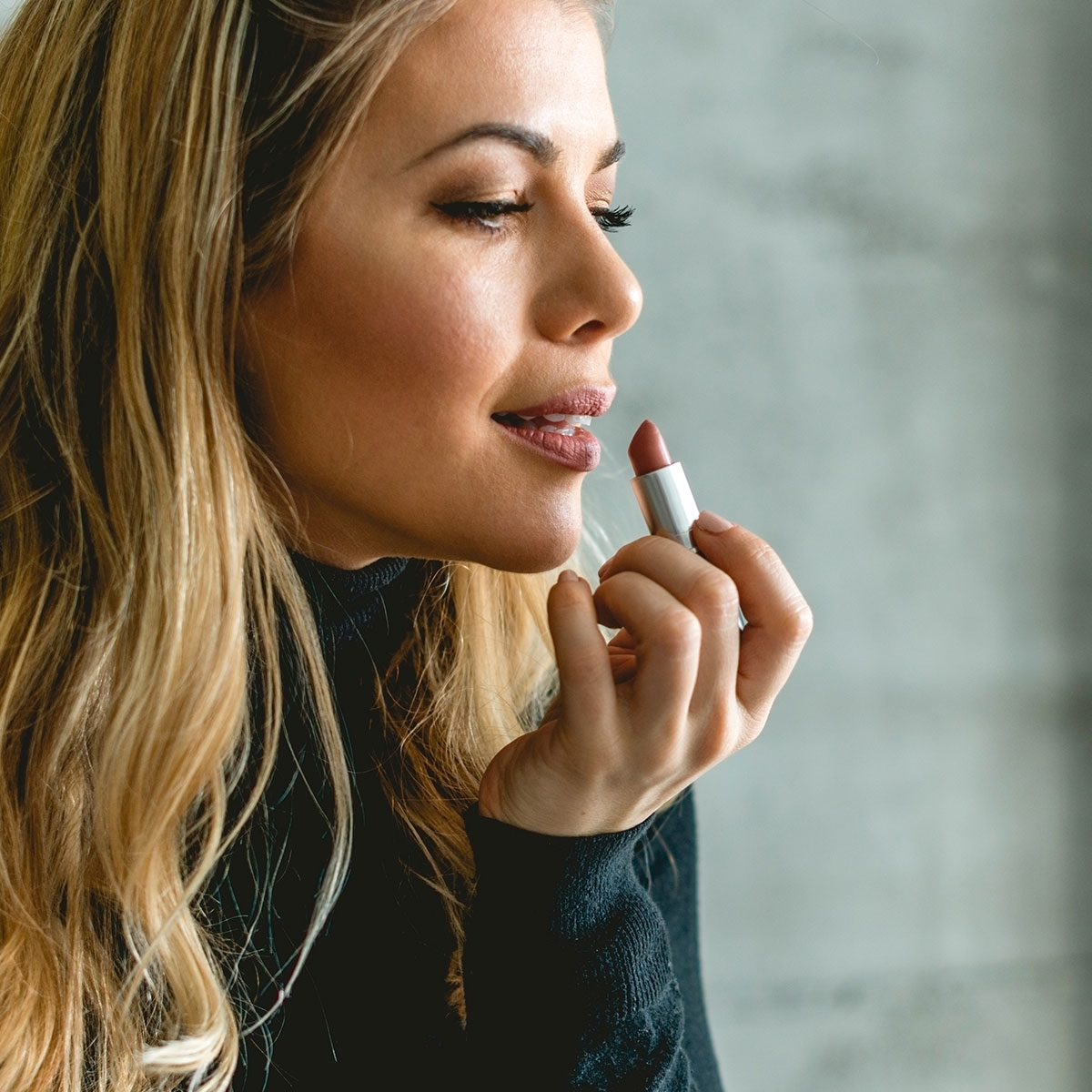
The muscle of the lip lies just underneath the surface of the skin of the lip, meaning we can see this muscle contract as we pucker our lips.
“Our lips also have many nerve endings which make them more sensitive,” Casey points out, stressing that “the unique structure and function of our lips underscores the importance of keeping lip skin healthy, hydrated, and strong.”
By drinking 6-8 glasses of water per day (or just drinking more than you normally do in the winter), you can help your hydrating products in achieving the goal of smoother, supple skin.
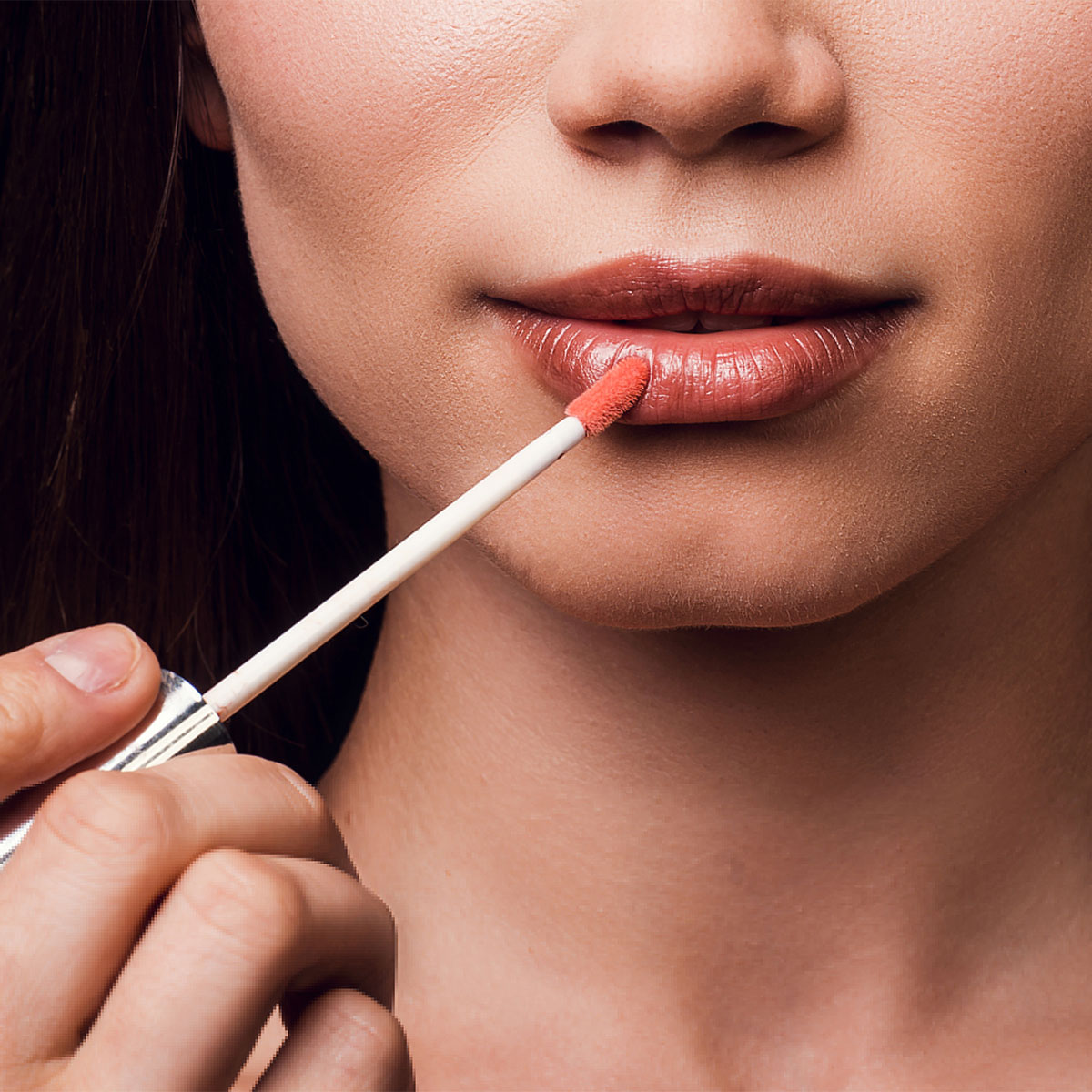
4. Use Creamy And Glossy Lip Products Over Matte
For a night out, Dennis stresses that a hydrating lip color will not only last longer than a matte, but it will also help prevent chapped lips in the long run.
In addition, choosing a matte lipstick (while definitely trendy and chic) can sometimes dry out your lips, and as we age, we lose moisture in this area, naturally. To avoid additional flaking, chapping and dryness, she advises against not only a matte lipstick, but also a dark one.

"Too dry of a formula of lipstick can emphasize wrinkles and dryness," she warns. She advises picking a "moisturizing and balm lipstick" in shades that "emulate a youthful flush."
She also suggests "a clear lip liner or one that matches the lip color that will keep the color from feathering and look more natural." The more you know!


